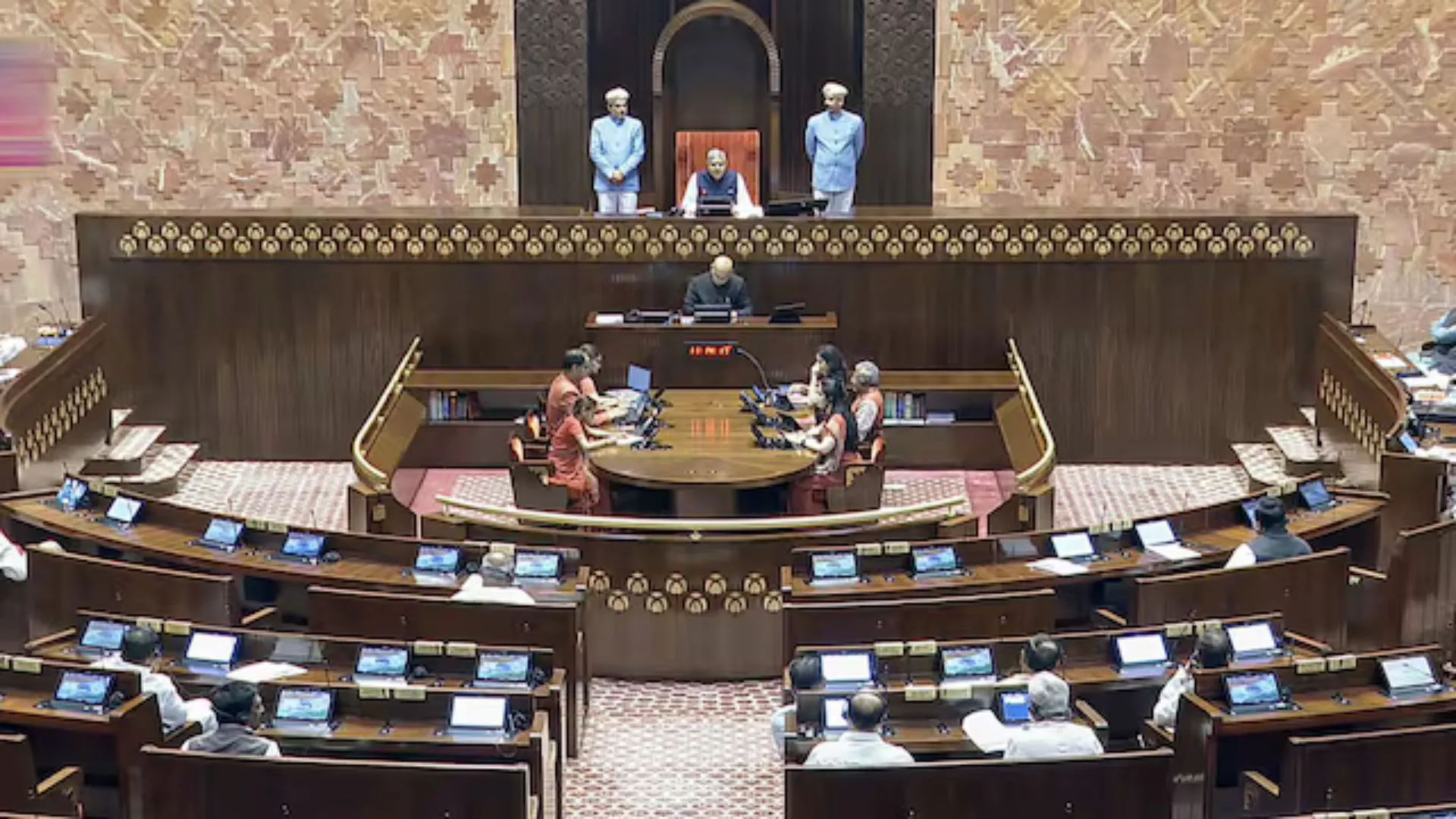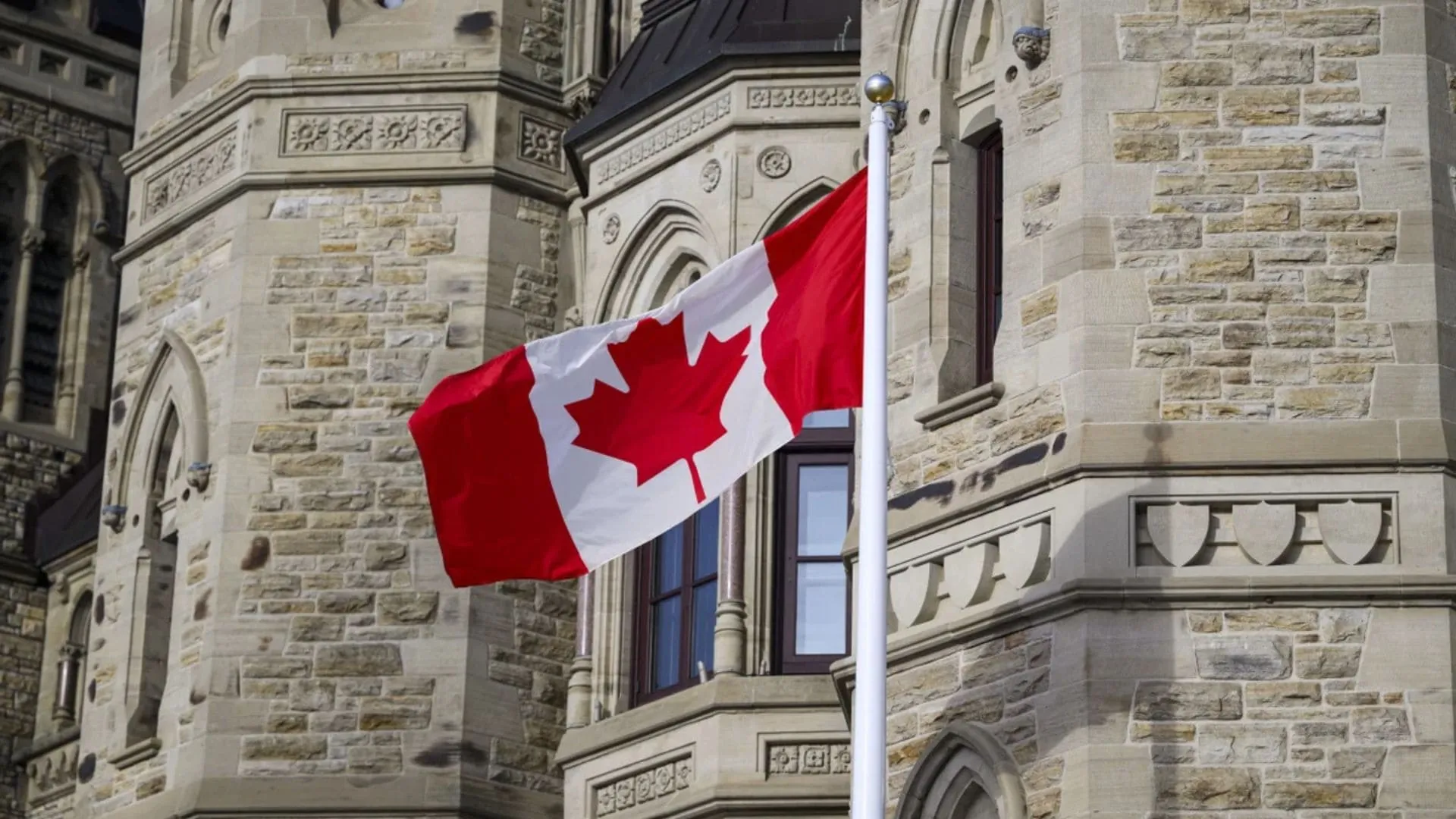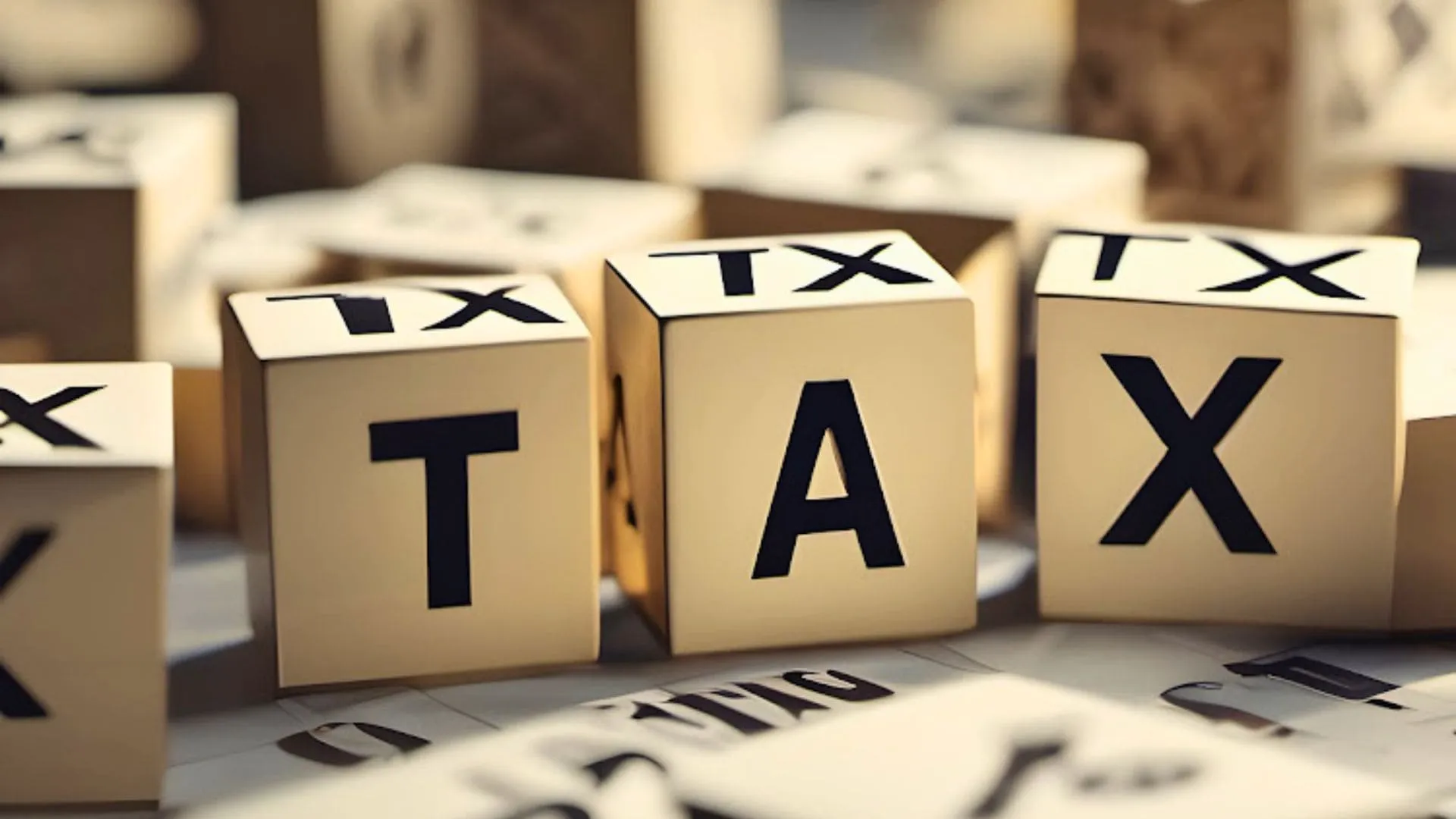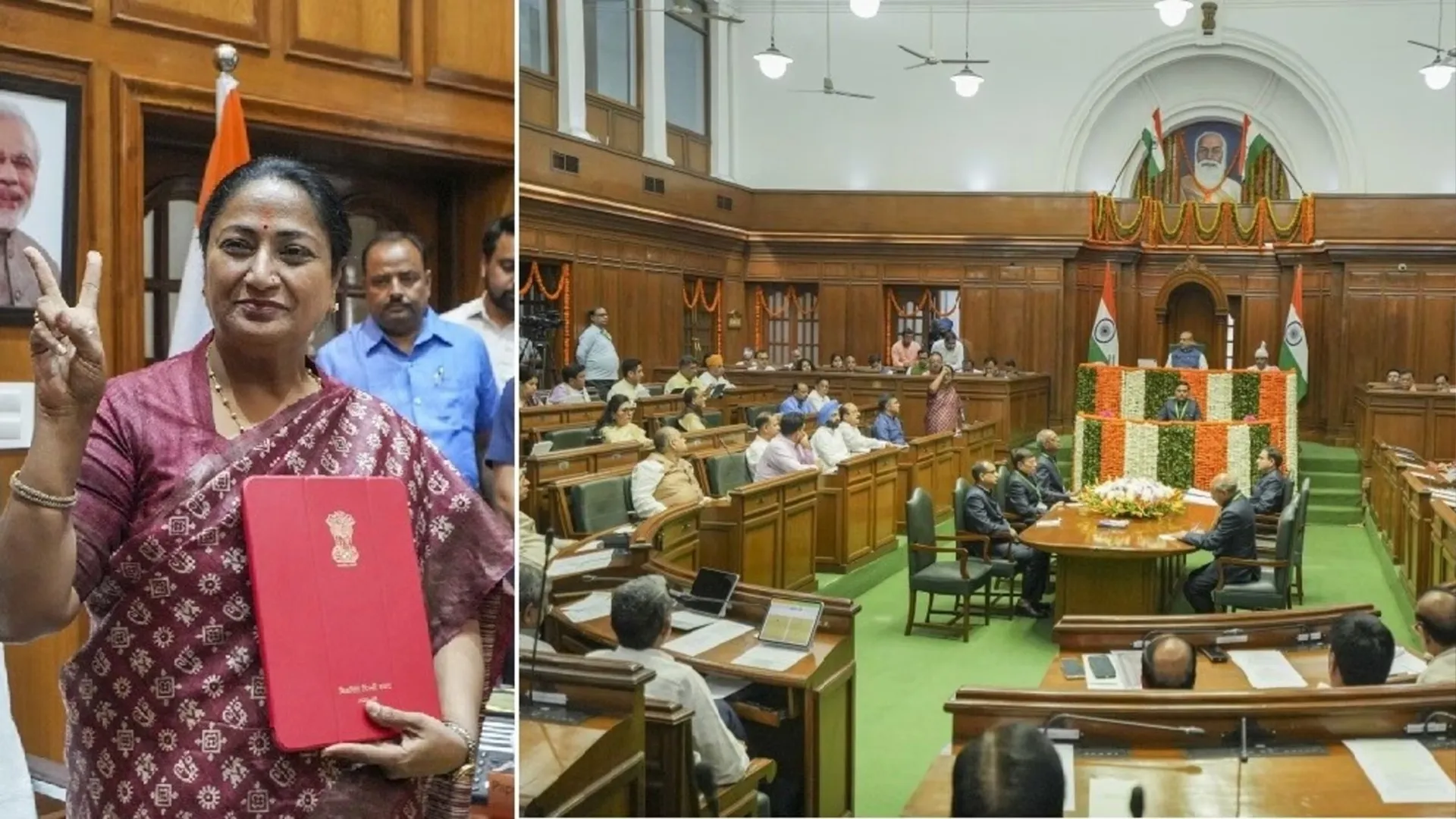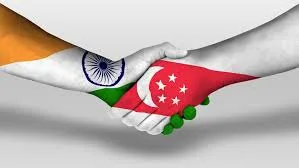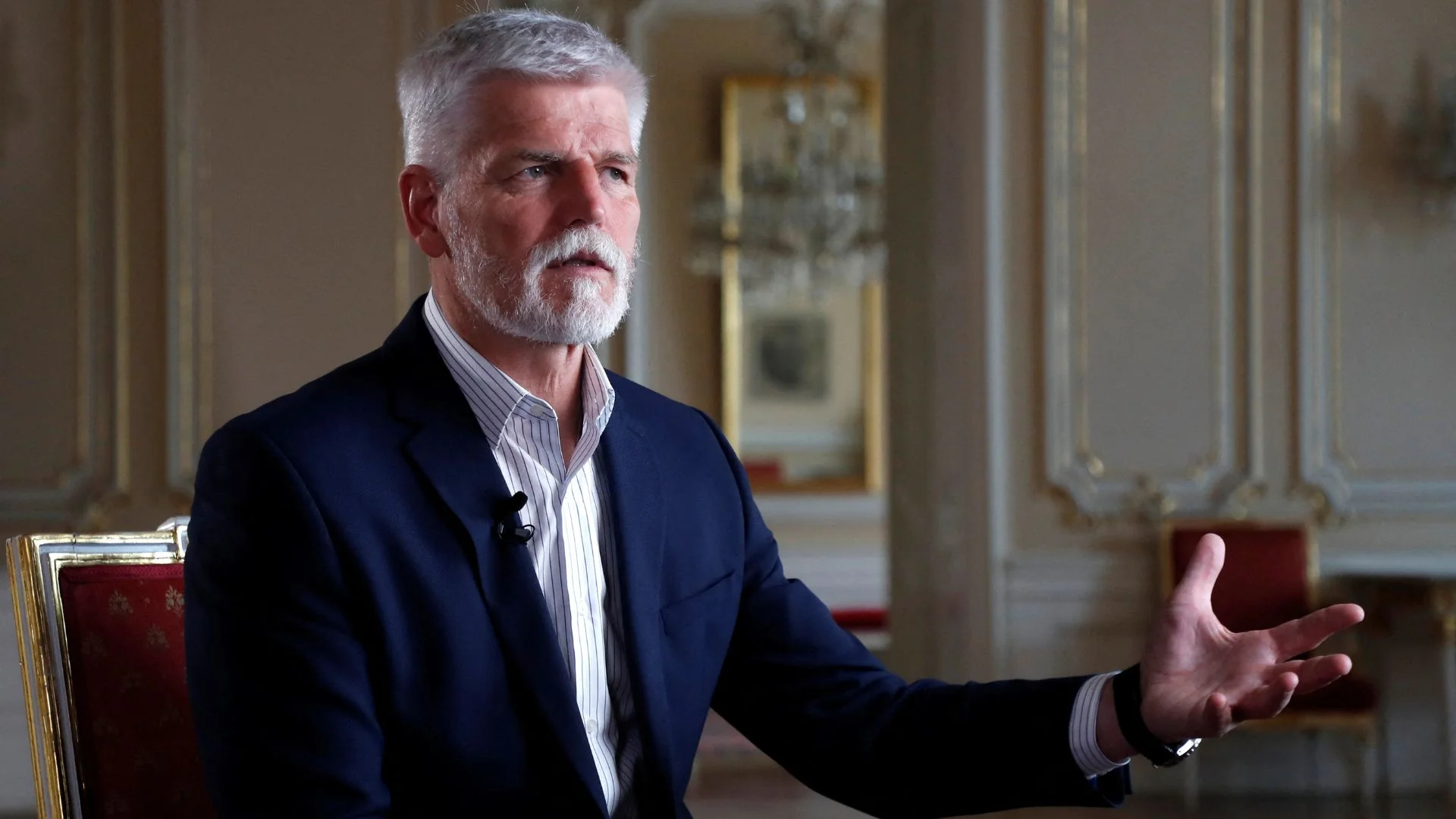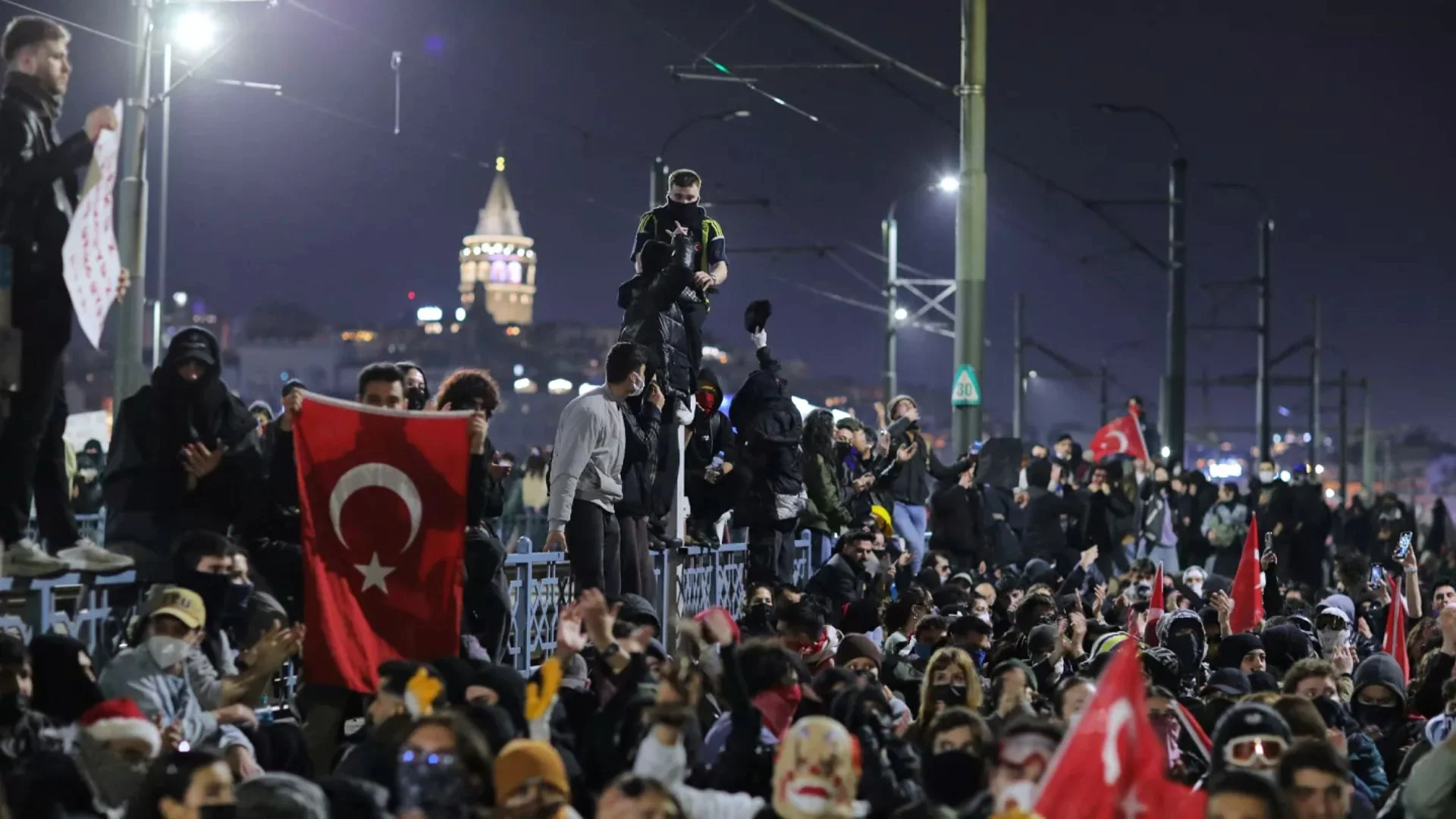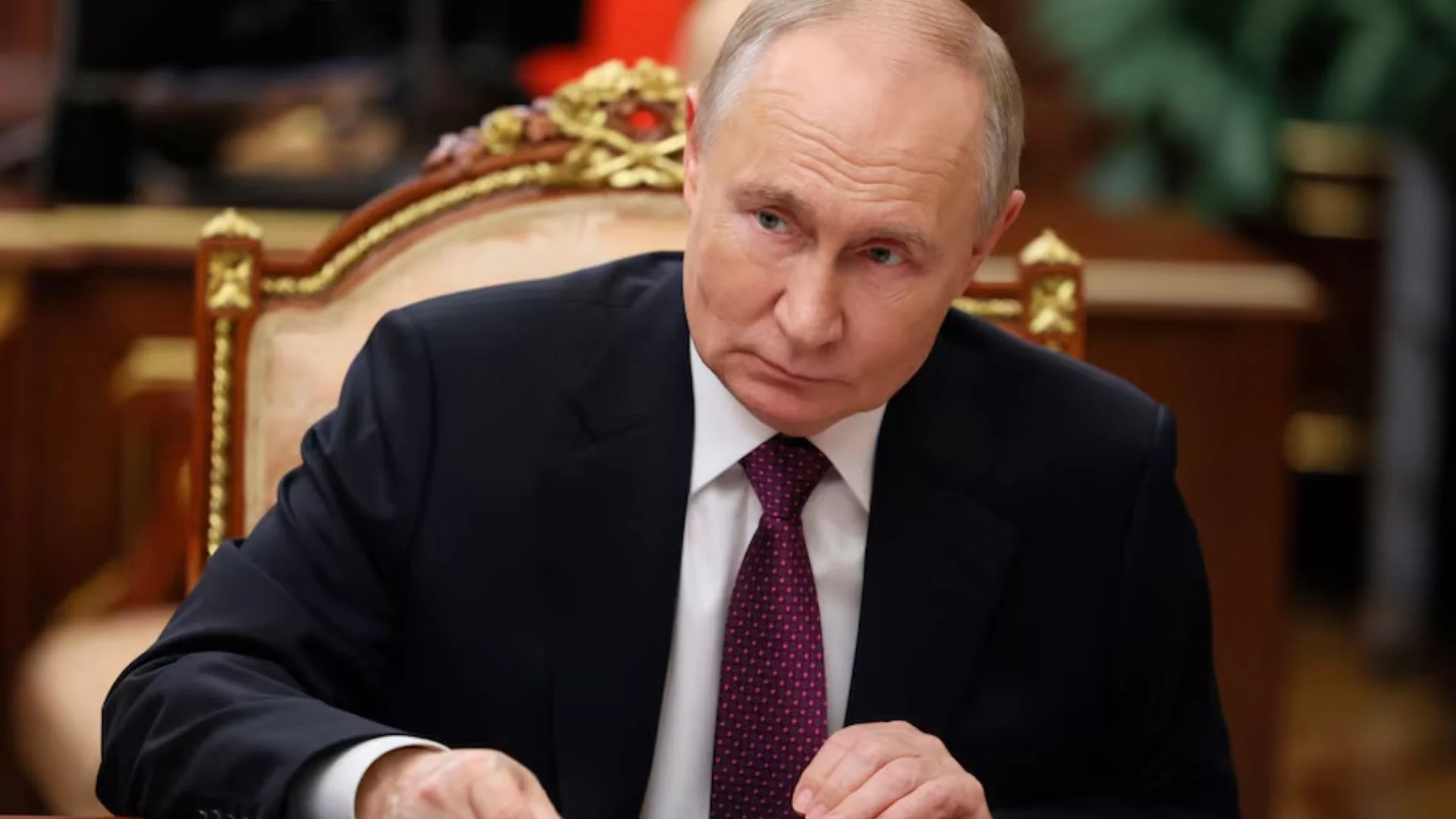Fourteen parliamentary seats from Karnataka are part of the 94 constituencies set for polling in the third phase of the Lok Sabha Elections 2024, scheduled for May 7. Karnataka contributes 28 members to the Lok Sabha, with half of its seats already voted upon in the second phase on April 26.
Karnataka holds significant importance for the Bharatiya Janata Party (BJP), the Congress, and the regional party Janata Dal (Secular).
The BJP won 25 out of the 28 seats in the 2019 Lok Sabha elections, marking significant growth for the party in Karnataka, the only state in the South where it saw such success. This makes the political competition in Karnataka important for the BJP. It’s also a key part of the BJP’s “Mission South” strategy because, apart from Telangana and Karnataka, the party hasn’t made much progress in gaining support in the southern states.
Karnataka holds significant importance for the Congress, particularly following its recent triumph in the state assembly elections where it secured 135 out of 224 seats. The upcoming Lok Sabha elections on May 7 will see voting in 14 seats across northern Karnataka, encompassing constituencies such as Chikkodi, Belgaum, Bagalkot, Bijapur, Gulbarga, Raichur, Bidar, Koppal, Bellary, Haveri, Dharwad, Uttara Kannada, Davangere, and Shimoga.
Struggle for survival for JD(S)




